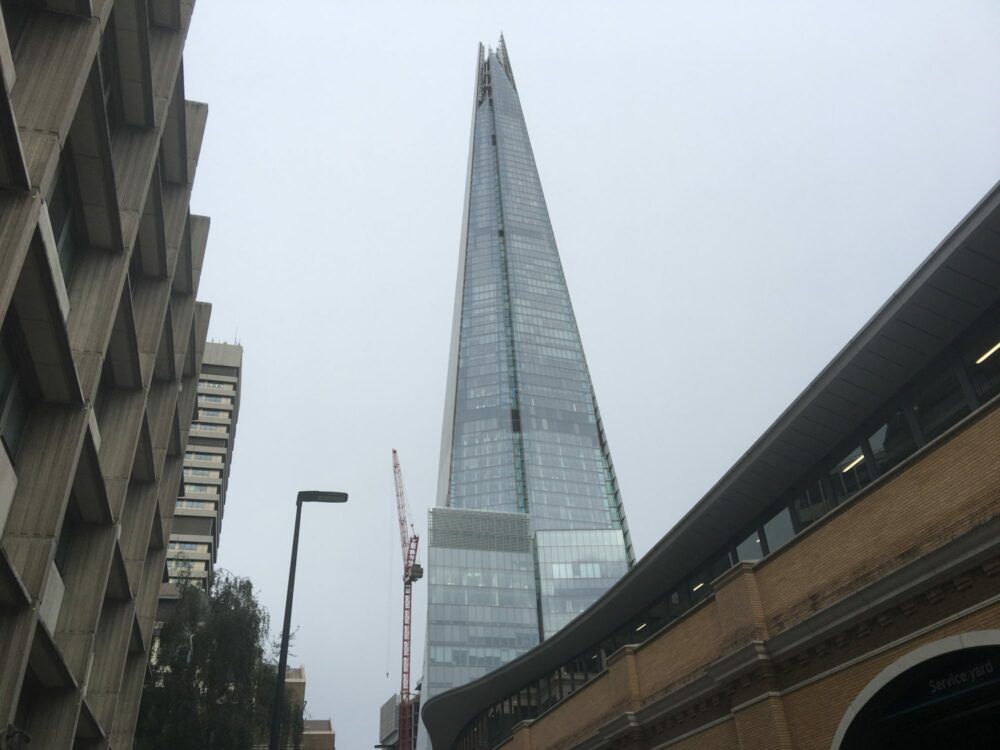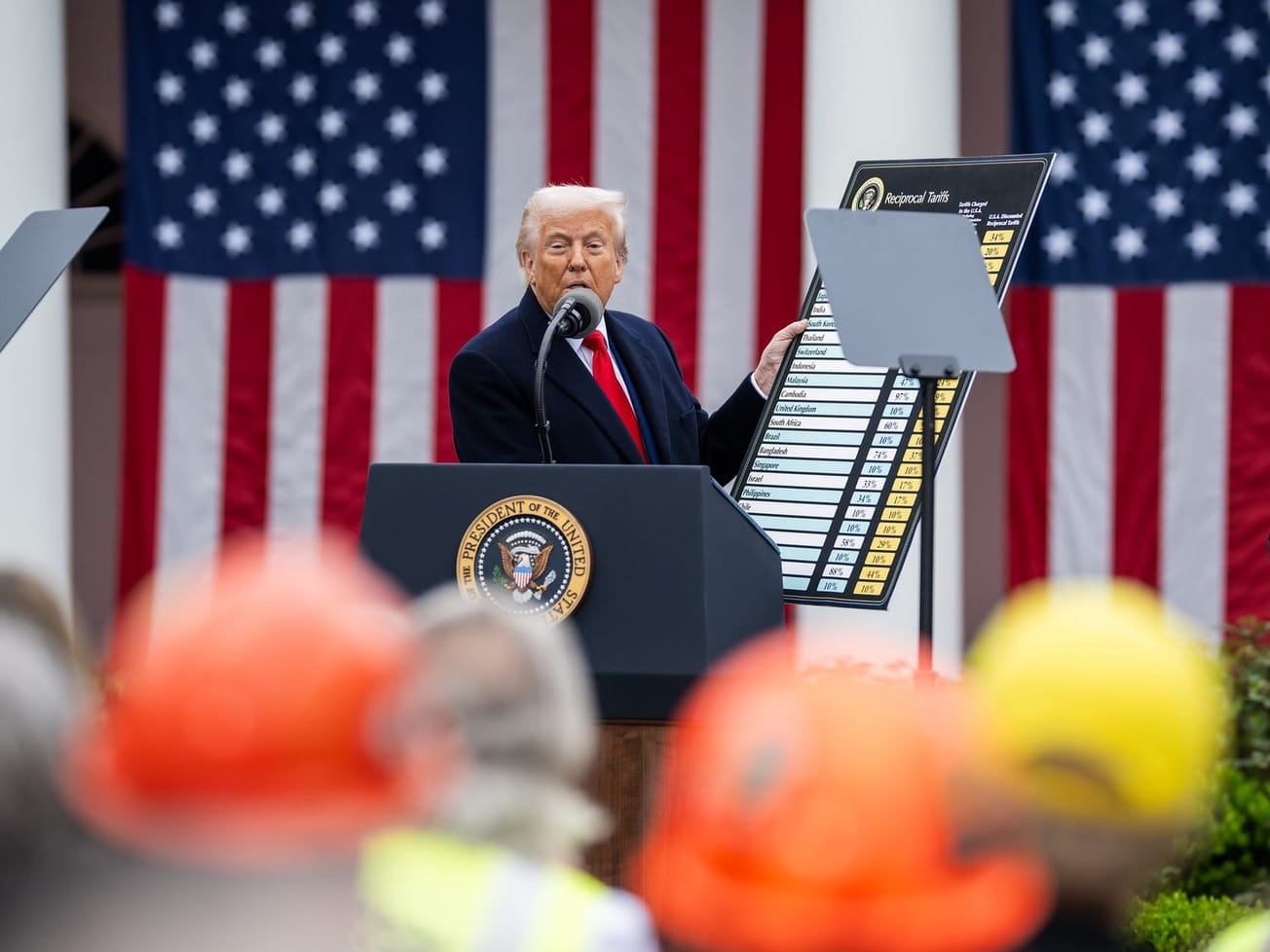WASHINGTON (AN) — The pace of economic growth globally will likely slow to 3.5% due to rising trade tensions and U.S. interest rates, the International Monetary Fund said.
IMF's forecast is down from the 3.7% growth rate from last year that had been expected to continue in 2019.









